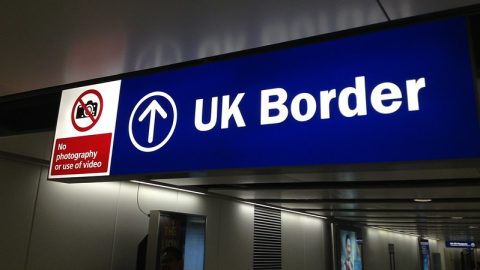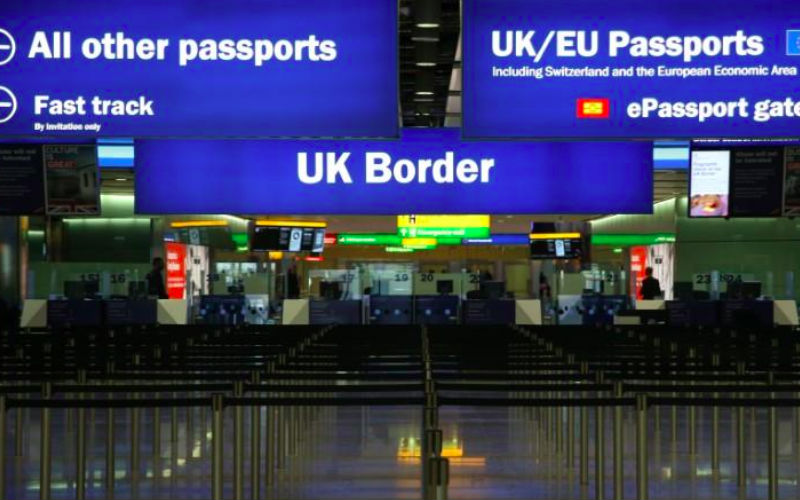
Read the latest update on the UK immigration fees in our article UK immigration and nationality fees to increase from April 2025.
The Home Office has announced a series of measures aimed at reducing the migration and borders system’s reliance on taxpayer funding. If approved, these changes will result in significant fee increases across various immigration and nationality services.
Key fee increases:
- Electronic Travel Authorisation (ETA): rising to £16
- Certificate of sponsorship: increasing to £525
- Naturalisation as a British citizen: rising to £1,605
- Naturalisation as a British Overseas Territories citizen: increasing to £1,070
The government anticipates these changes will generate an additional £269 million annually. These funds are intended to support the implementation of a more streamlined, digital immigration system, in line with the government’s broader plan for change. The introduction of ETAs, modelled after systems in countries like the USA and Australia, is positioned as a step towards enhancing security and efficiency for millions of travellers entering the UK each year.
Temporary exemption for airside transit passengers
One notable amendment involves a temporary exemption for passengers transiting airside—those who do not pass through UK border control. This exemption, a result of feedback from the aviation industry, will primarily impact Heathrow and Manchester airports. The exemption is applicable from today (17 January 2025) and will remain under review.
Implications for applicants
While the government frames these changes as necessary for a more efficient and secure system, the significant fee increases will likely place additional financial strain on individuals and businesses navigating the immigration process. For example, the cost of naturalisation—already a substantial expense—will rise further, potentially making it less accessible to many eligible applicants. Similarly, increased certificate of sponsorship fees may impose added costs on employers seeking to recruit international talent.
Legislative timeline
The proposed changes were laid before Parliament on 16 January 2025 and are subject to approval by both houses. If passed, the new fees will be implemented by amending the Immigration and Nationality (Fees) Regulations 2018. The timeline for these changes depends on parliamentary scheduling.
We will continue to follow the developments and provide updates as the legislation progresses.
-

UK immigration and nationality fees to increase from April 2025
Written by: Caroline Echwald
The UK Home Office has confirmed that several immigration and nationality fees will rise from 9 April 2025, affecting visa applicants, employers, and sponsors. The government states that these increases are aimed at reducing reliance on taxpayer funding for the immigration system while ensuring its sustainability. However, they will also place a greater financial burden on […]Read article -

Planning a visit to the UK? Here’s what you need to know about the new Electronic Travel Authorisation (ETA)
Written by: Caroline Echwald
If you’re planning to visit the UK and you’re from a country that doesn’t require a visa for short stays, there’s an important update you should be aware of; the UK is introducing the Electronic Travel Authorisation (ETA) scheme. This new requirement is part of the UK’s effort to improve its border security and will soon apply […]Read article -

EU Settlement Scheme five years on: Updates to pre-settled status
Written by: Caroline Echwald
March 2024, marked five years since the full opening of the EU Settlement Scheme which granted millions of European nationals and their family members the right to live in the UK after Brexit came into effect. The scheme is for EU, EEA, and Swiss citizens who were living in the UK by 31 December 2020 […]Read article
Categories: Immigration News
